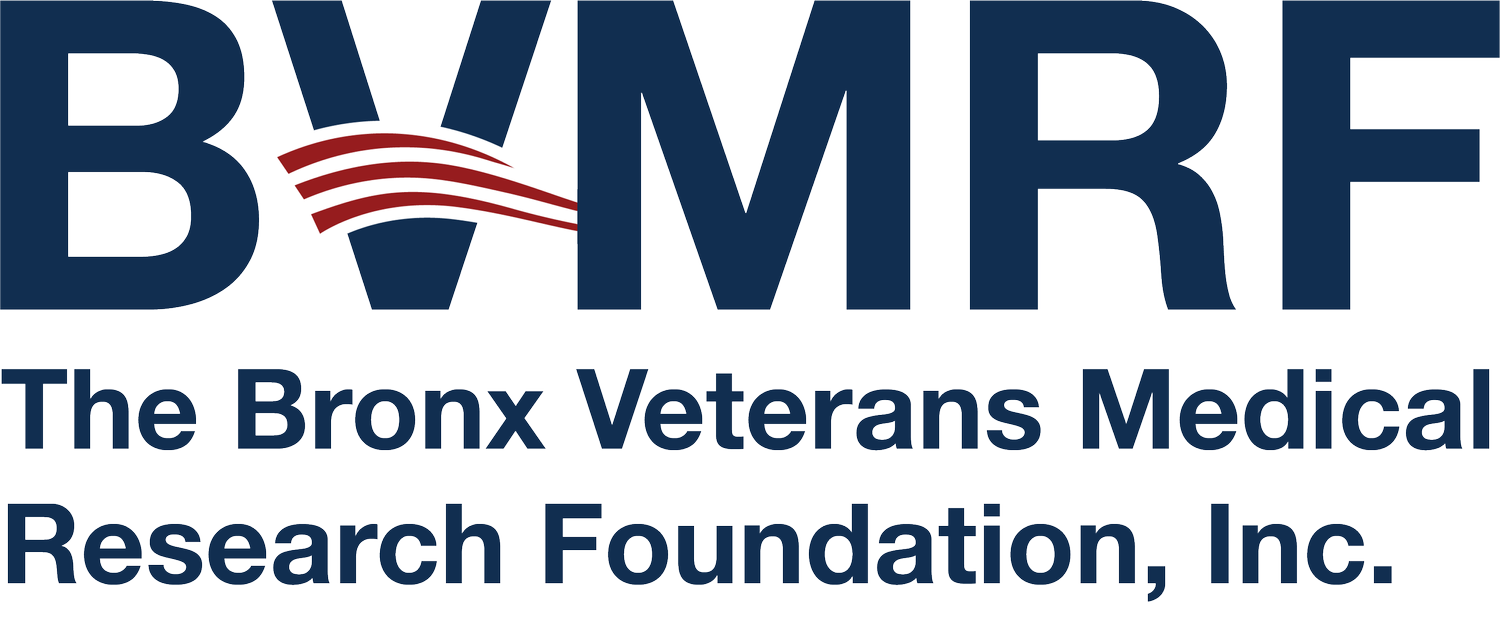Evaluation of Prognostic and Diagnostic PTSD Biomarkers
Predicting that biomarkers measured at pre-treatment will distinguish combat veterans with PTSD who will recover with treatment from those who will not recover, and will reflect predictors of treatment outcome, or prognostic markers.
Post-traumatic stress disorder (PTSD) accounts for a substantial portion (approximately 50%) of the total mental health burden in Operation Iraqi Freedom (OIF) and Operation Enduring Freedom (OEF) veterans, with the overall prevalence of PTSD within service members returning from OIF and OEF estimated at 10-20%. Since the underlying biological pathology of PTSD is not yet known, diagnosis is exclusively based on clinical behavioral features, which has hindered more accurate diagnoses and treatment. To date only a few studies have examined candidate biomarkers for PTSD, and fewer have used a systems biology approach to examine biomarkers before and after psychotherapy for PTSD.
Led by Principal Investigator, Dr. Rachel Yehuda, Ph.D., this project aims to utilize an integrative systems biology approach with an expanded panel of biomarkers to identify markers of PTSD risk, diagnosis, symptom severity and recovery in treatment-seeking Operation Enduring Freedom/Operation Iraqi Freedom/Operation New Dawn (OEF/OIF/OND) veterans.
Biomarkers are measured immediately before, and then after, treatment with Cognitive Processing Therapy-Cognitive Version (CPT-C), a 12-week cognitive behavioral treatment for PTSD developed for combat veterans. A group of similarly-exposed veterans who never developed PTSD (PTSD-resistant) will also be recruited and studied at two time points, 12 weeks apart. We will also measure biomarkers at a 3 month post-CPT-C follow up to investigate the retention of treatment associated gains, marker stability, and/or unanticipated trajectories. We propose measuring the following expanded list of putative biomarkers at the specified time points based on preliminary data and indications from the literature: plasma endocannabinoids, plasma BDNF, plasma steroid hormones, whole blood genome-wide DNA methylation, whole blood mRNA sequencing, plasma proteomics, plasma cytokines, whole blood small RNA sequencing, urinary catecholemines, PBMC telomerase activity, plasma metabolomics, and urinary cortisol metabolites.
As combat-related PTSD is increasingly recognized as a significant burden to American military personnel and their families, identification of biomarkers of PTSD will be critical for use in post-deployment medical screening, treatment selection, treatment outcome.
This work is funded by the Department of Defense through grant #W81XH-16-1-0773
FEATURED PROJECTS
